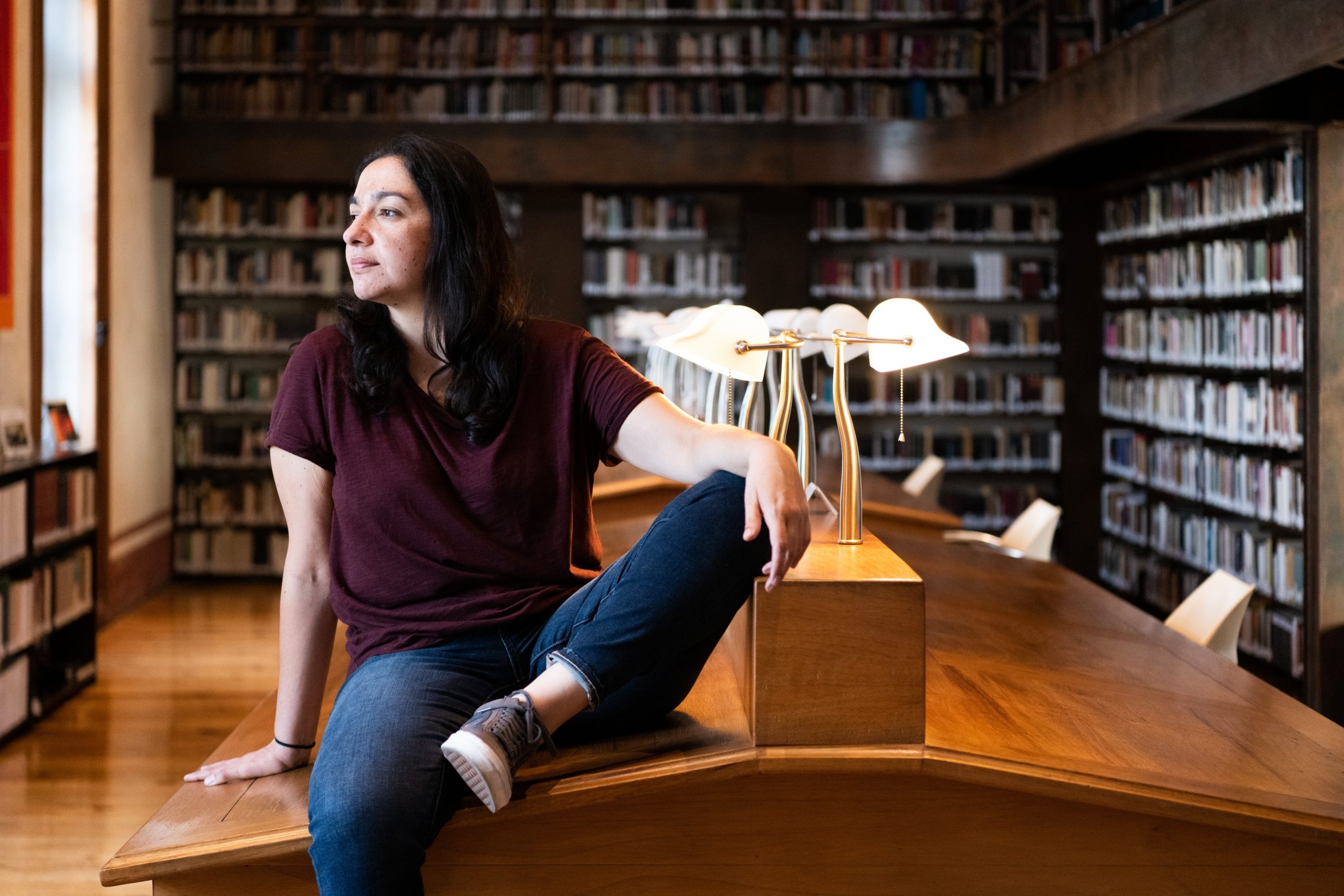Mexico, Literature, 2021
Fernanda
Melchor

Author Fernanda Melchor, born in 1982, is a native of the Mexican state of Veracruz. When the trained journalist decided not to research a murder case in the Mexican province in order to avoid exposing herself to danger in a region dominated by drug producers, this caution became one of the most striking novels in contemporary literature: Hurricane Season.
This novel—her third—is set in the fictional village of La Matosa near Veracruz. A witch resides there onto whom villagers project their fears and hopes—until she is found murdered. The plot is set in the twenty-first century, in an archaic world of the kind that must have given rise to the Stoa, the hope of freedom from passions, of serenity as the basis of culture. All feelings, all emotions are equally violent, love is violent, fear is violent, murderous desire is violent, and fear is behind love’s transformation into murderous desire. The characters in the novel are at the mercy of their feelings like the weather, they work through them, they yearn to get away, escape their village, escape themselves. They limp after their urges, not wanting to go where their urges already are, and yet they must, leaving a trail of devastation in their wake.
Fernanda Melchor’s fictional characters have no access to culture, to education, no access to the money that could provide both. They have no way of liberating themselves and living with dignity. Moreover: it is a highly developed, highly complex civilization that has pushed people back into this pre-civilization state and keeps them trapped there. It is—rather coincidentally—the centrifugal forces of the global oil industry to which the characters in the novel are subjected in their village. And world markets do not depend on the people who are their consumers to have culture. They do not depend on the people who are their consumers not to die. And yet they consider themselves as highly cultivated. This cultivated world is nowhere to be found here. The reality that Fernanda Melchor captures for us is one of poverty and merciless exploitation.
Fernanda Melchor chose to fictionalize actual events for her own protection. She has found her own language for this, that of a poetic, almost unbearably condensed hyperrealism. The novel describes nothing less than a hell on earth of our time. It reaffirms the necessity of literature, as a means of capturing a reality that resists being described, if necessary by force, ultimately as artificial reality. Freedom means being able to capture something in language. Being able to capture crime in language is a victory of culture over crime.
The German edition of the novel, Die Saison der Wirbelstürme, translated by Angelica Ammar and published in 2019, has received numerous awards: in the same year, the author and translator were awarded the Anna Seghers Prize and the International Literature Award for contemporary literature in translation; in Mexico, the original received a PEN Club award in 2018; the English translation was shortlisted for the Man Booker Prize in 2020.
Text: Robin Detje
Translation; Erik Smith
Páradais
Literatura Random House, Barcelona, 2021
Temporada de Huracanes
Literatura Random House, Barcelona, 2017
Saison der Wirbelstürme
Wagenbach, Berlin, 2019 (T: Angelica Ammar)
Hurricane Season
Fitzcarraldo Editions, London, 2020 (T: Sophie Hughes)
Aquí no es Miami
Literatura Random House, Barcelona, 2013
Falsa liebre
Almadía, Mexiko-Stadt, 2013
Mi Veracruz
Ayuntamiento de Veracruz, Veracruz, 2008


